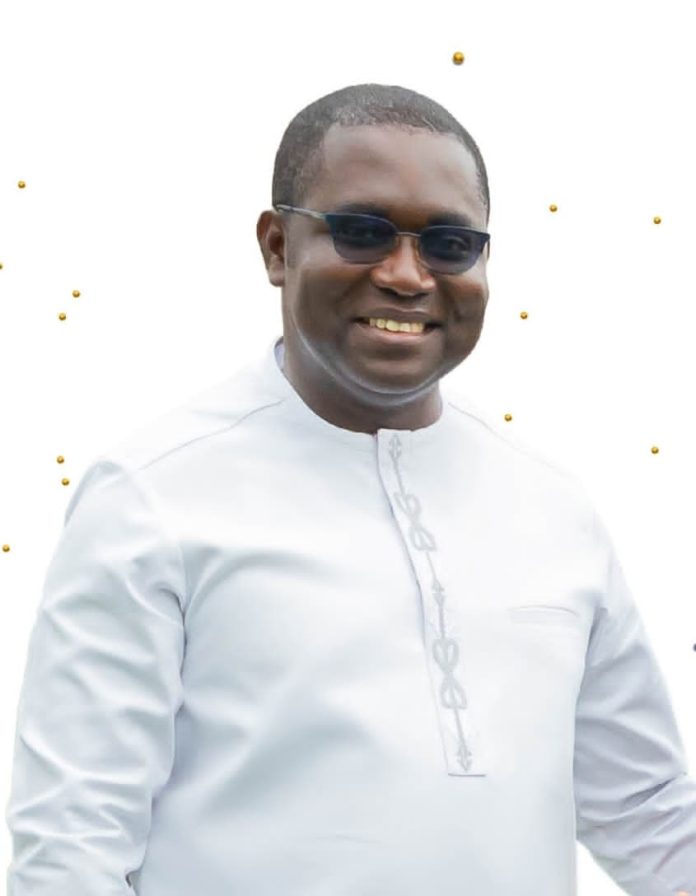|
Getting your Trinity Audio player ready...
|
Dr. Charles Dwamena, known within the political corridors as Dr. China and serving as the New Patriotic Party’s (NPP) National Treasurer, has issued a resounding and unflinching rejection of the proposal by Mr. Kwabena Agyei Agyapong advocating for a top-down approach to the party’s presidential primaries. What Mr. Agyapong proposes is not merely a procedural shift; it is, in the eyes of Dr. China, an affront to the very architecture of participatory democracy that the NPP holds dear.
The current electoral framework is meticulously constructed to reflect the party’s grassroots character. At the heart of it lies a multi-tiered electoral college composed of polling station executives, electoral area coordinators, constituency executives, regional executives, national executives, external branch leaders, and TESCON representatives. Each level of this pyramid is democratically elected from the one below it, creating a cascade of legitimacy that flows from the very base of the party’s structure.
This isn’t just a process; it is a principle. To alter it is to amputate the very limb that gives the party its footing. Any attempt to begin the presidential selection from the apex instead of the base would demand the abandonment of the internal democratic ladder upon which the NPP’s flagbearers have historically ascended.
Dr. China’s rebuttal rests on a profound understanding of the legal and structural integrity of the party’s internal processes. Expansion of the electoral college, even marginally, for instance, increasing the polling station executives from five to six, necessitates comprehensive elections at every level: polling stations, electoral areas, constituencies, regions, and ultimately the national echelon. These elections are sequential and interdependent, with each tier electing the next. The electoral college that elects the flagbearer is a culmination of this democratic progression, and any new configuration must follow due process to be valid.
Moreover, Dr. China underscores a critical point often overlooked: even if no expansion occurs, the current electoral college’s mandate is expiring. It would therefore be constitutionally and morally untenable for it to preside over the selection of a new presidential candidate. Renewal through elections is not an option; it is an imperative.
Reversing this order and initiating it from the top, as Mr. Agyapong suggests, would be tantamount to staging an undemocratic coronation masquerading as reform. It would not only violate the letter of the party’s constitution but extinguish the spirit of representative inclusion that the NPP has cultivated since its inception.
This is not a procedural disagreement. It is a fundamental clash of philosophies between expedient control and participatory legitimacy. The strength of the NPP has always resided in the power of its base, in the voices of the polling station executives who form the first building blocks of the party’s edifice. To ignore them is to dismantle the house the party has so painstakingly built.
So let it be heard without ambiguity: the top-down approach betrays both process and principle. It threatens to erode internal trust, marginalize the grassroots, and destabilize the equilibrium that sustains the party’s democratic foundation.
The way forward is not to circumvent the system but to reinforce it. And that reinforcement begins not at the top but at the polling station. That is where the soul of the NPP resides.
This is not merely a rebuttal. It is a declaration. The top-down approach cannot and will never serve the interests of a democratic NPP. It must be rejected not with whispers, but with the thunderous clarity of conviction. For democracy, once fractured at its foundation, seldom holds together at its summit.
—-
Source: www.frontpageghana.com




